Hypochlorous Acid: Everything You Need to Know
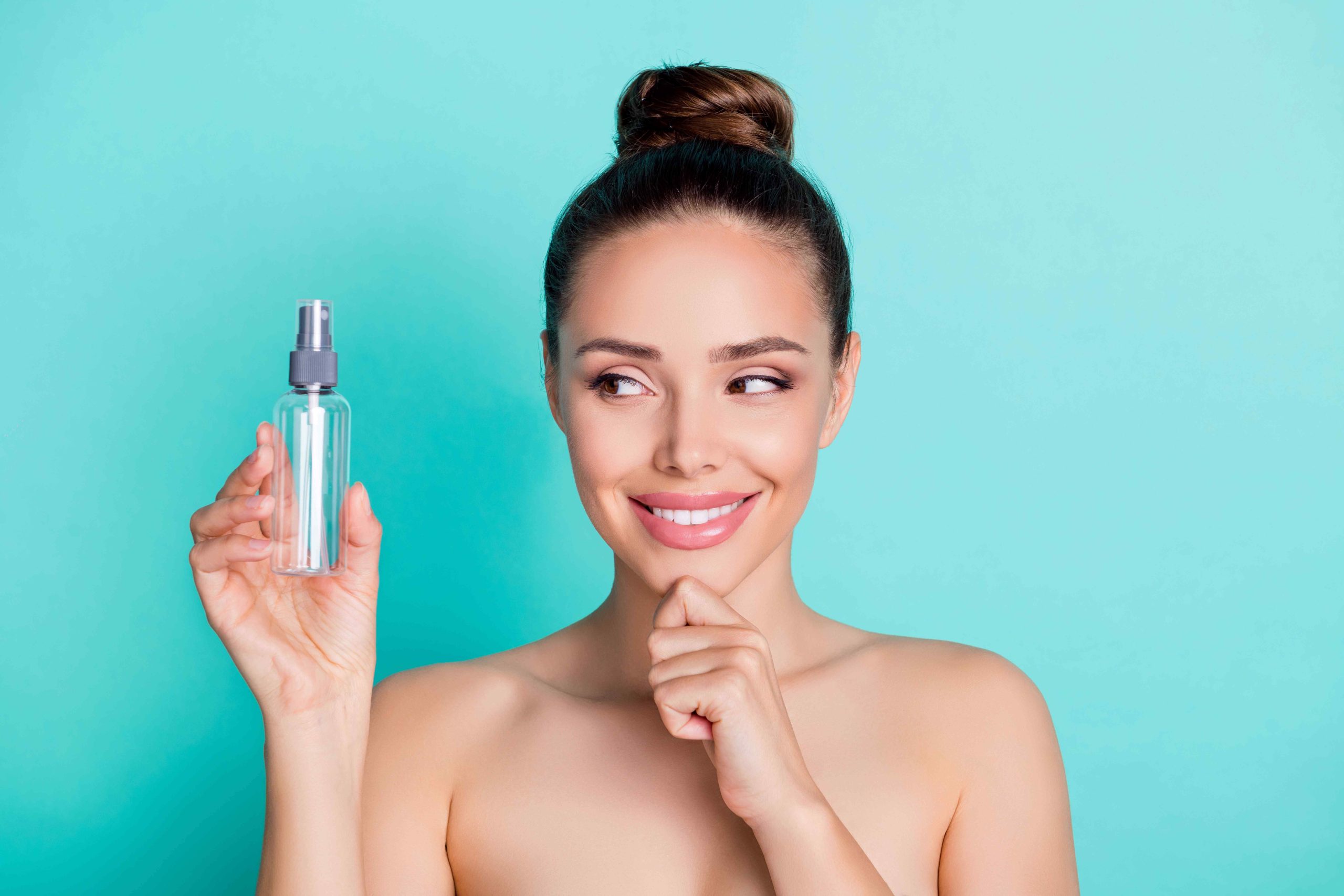
Did you know that our immune cells naturally produce a substance similar to chlorine bleach? Sounds a bit mind-blowing, doesn’t it? Yet, this substance is one of the main weapons in our immune system’s first line of defense that is not only deadly to germs but also gentle and non-toxic to our fragile bodies. It’s called hypochlorous acid (commonly written as HOCl) and it’s a hero ingredient that recently made its way into skincare.
What Hypochlorous Acid Is
Hypochlorous acid (HOCl) is a weak acid that naturally occurs in the human body. It’s made by white blood cells in a reaction between hydrogen peroxide (H₂O₂) and chloride ions (Cl⁻) as part of the body’s defense system capable of destroying a wide range of bacteria, viruses, and fungi.
It works by breaking down the cell walls of bacteria and other pathogens, essentially causing them to burst open and die. HOCl is widely used as an antiseptic for killing germs on surfaces and wounds and in some skincare products.
Why You Might Want to Have Hypochlorous Acid in Your Medicine Cabinet and Travel Kit
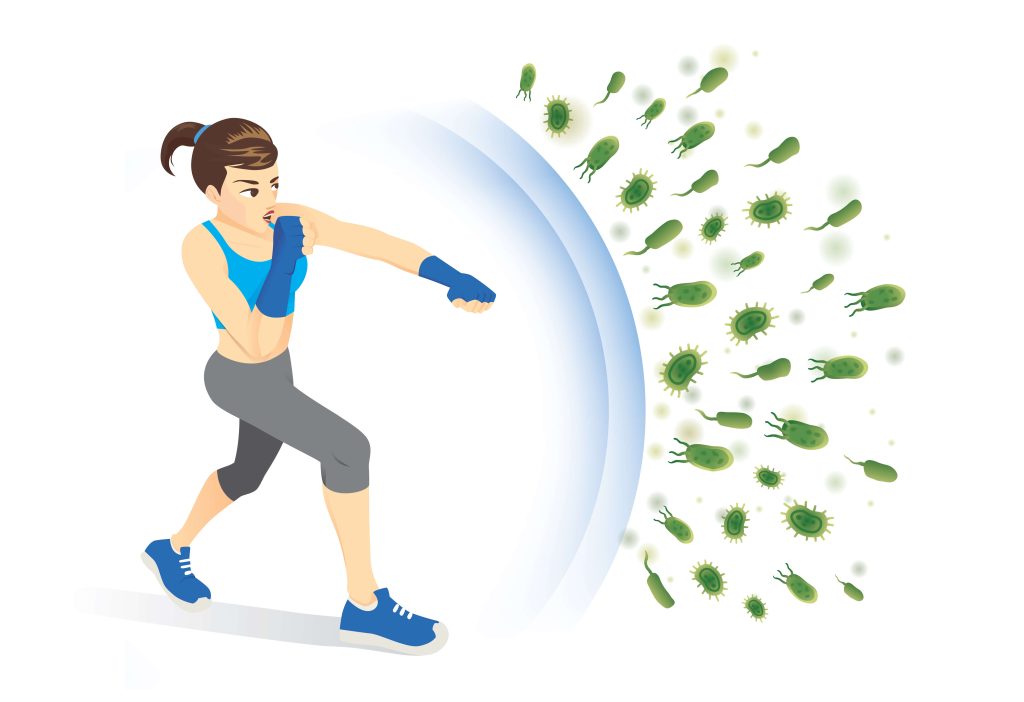
Hypochlorous acid is a killer antiseptic with virtually no flaws. And that’s to be expected as it has evolved as a natural defense mechanism over millions of years. It’s no surprise we haven’t found anything that matches it in our pitiful 150 years of using antiseptics. Embracing what nature has already perfected is definitely a smart choice. Here’s what makes it so great:
Non-toxic
Hypochlorous acid is probably the most non-toxic antiseptic out there! It doesn’t affect our tissues (even mucous ones), it’s effective at low concentrations, and it breaks into completely harmless substances not only to us but to the environment as well.
Super Fast
HOCl begins killing microbes almost immediately upon contact. Research has shown that it can achieve significant reductions in bacterial populations within seconds. For example, it can neutralize pathogens such as E. coli and Staphylococcus aureus within seconds or a few minutes at most.
Irresistible
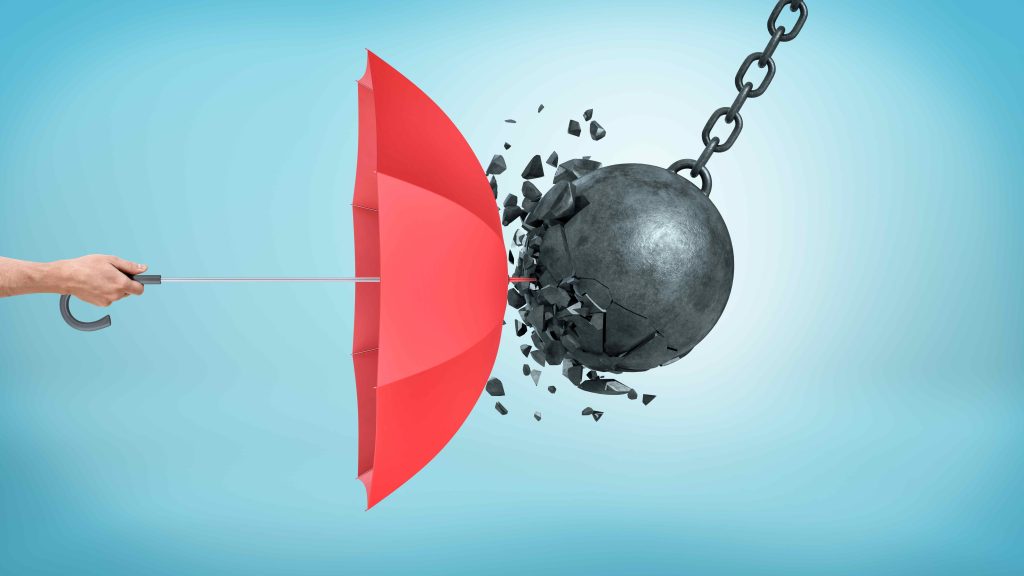
The mechanism of action of HOCl is such that germs never develop resistance to it. This means you won’t be breeding super-bacteria even if you use it often and over a long time. Antibiotic resistance is a huge problem, and the least we can do is not contribute to it by overusing antibiotics and antimicrobial soaps.
No Stinging, Irritation, or Allergies
Hypochlorous acid is non-irritating to the skin and mucous membranes, which is why it is used in some eye care and wound care products. Plus, HOCl doesn’t sting and is exceptionally unlikely to cause allergies because it’s a naturally occurring substance our bodies know well.
Pet & Toddler Friendly

HOCl might be the ultimate choice for those who tend to lick their wounds or put body parts in their mouths. Hypochlorous acid doesn’t sting and leaves no residue because it breaks down to water and salt almost immediately. An important thing to keep in mind when getting a HOCl spray is that HOCl might not be the only ingredient in the mix—best to have a tool like OnSkin that can scan ingredients and warn you of anything potentially dangerous.
Doesn’t Delay Wound Healing
Common alcohol-based antiseptics and hydrogen peroxide cause oxidative damage not only to bacteria but to our own tissues too. This can delay wound healing, not to mention they sting a lot. This isn’t the case with HOCL. It doesn’t cause any damage to our own tissues and promotes natural healing processes. There have been studies that suggest it can reduce scarring too!
Should You Introduce Hypochlorous Acid into Your Skincare Routine?
HOCl sprays went viral some years back as a skincare product and for a good reason. It can be a game changer for people with certain skin problems. Here’s what it can help you with:
Acne
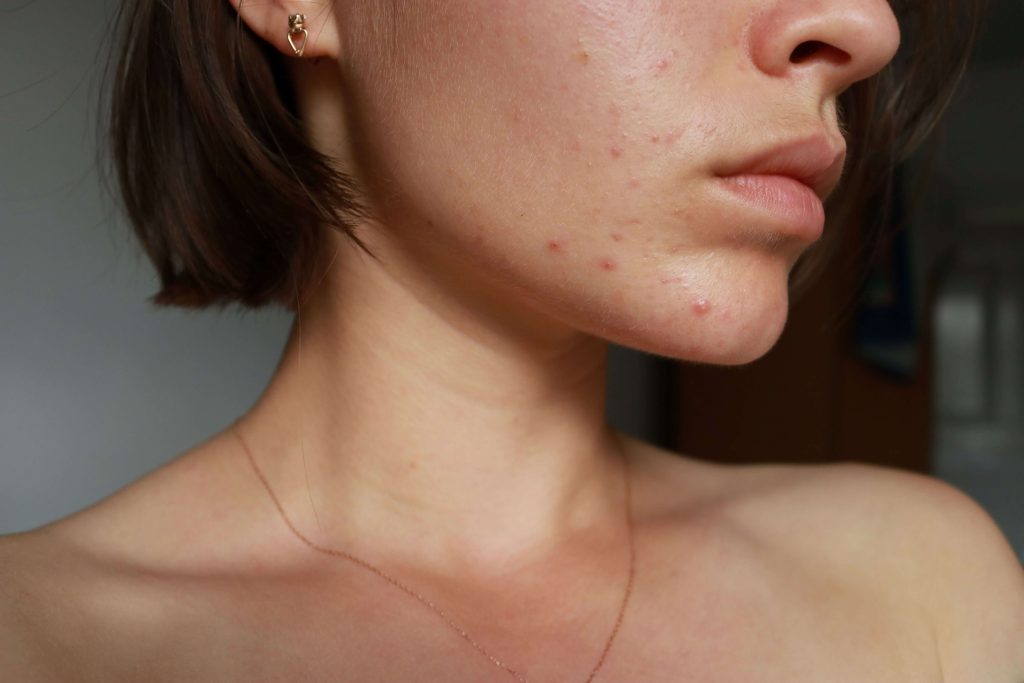
As we’ve mentioned before, HOCl is an amazing antiseptic that can kill various pathogens including acne-inducing bacteria. It doesn’t dry out or irritate the skin like a lot of other anti-acne ingredients and research shows that it has anti-inflammatory properties. A huge number of people who suffer from acne report significant improvement from using HOCl.
Eczema and Other Inflammatory Conditions
Hypochlorous acid is a lifesaver for those who have immunocompromised ultra-sensitive skin that comes with conditions like eczema, psoriasis, rosacea, and more. HOCl can reduce bacterial load which can be huge in those whose skin barrier and defenses are compromised. Plus, it is very easy to apply (as it commonly comes in sprays) to damaged skin as it doesn’t sting or dry out the skin that’s already very vulnerable and tender to the touch.
Rosacea
Although more research is needed, according to dermatologists, hypochlorous acid shows significant improvement in patients with rosacea due to its anti-inflammatory and anti-bacterial properties. Here’s some anecdotal evidence.
Acne Mechanica
Hypochlorous acid is also a godsend for people who have to wear surgical masks, helmets, shoulder pads, and the like for hours on end and get pimples and rashes from doing so. Spraying HOCl on the item and your skin can minimize acne mechanica or even get rid of it altogether.
Things to Consider
Hypochlorous Acid Will Deactivate Your Antioxidants (if applied together)
It’s worth keeping in mind that HOCl is a potent oxidant. It will immediately oxidize and deactivate any antioxidants or other unstable ingredients like retinoids if you apply them together. This isn’t going to harm your skin but who wants to waste good products? Let the HOCl spay dry properly before applying anything else.
Hypochlorous Acid Has a Faint Chlorine Smell
Products with hypochlorous acid give off a faint smell of chlorine after application similar to that of a swimming pool. It evaporates pretty quickly though but might be a problem for those who are very sensitive to smells or find that particular smell offputting.
How to Use Hypochlorous Acid
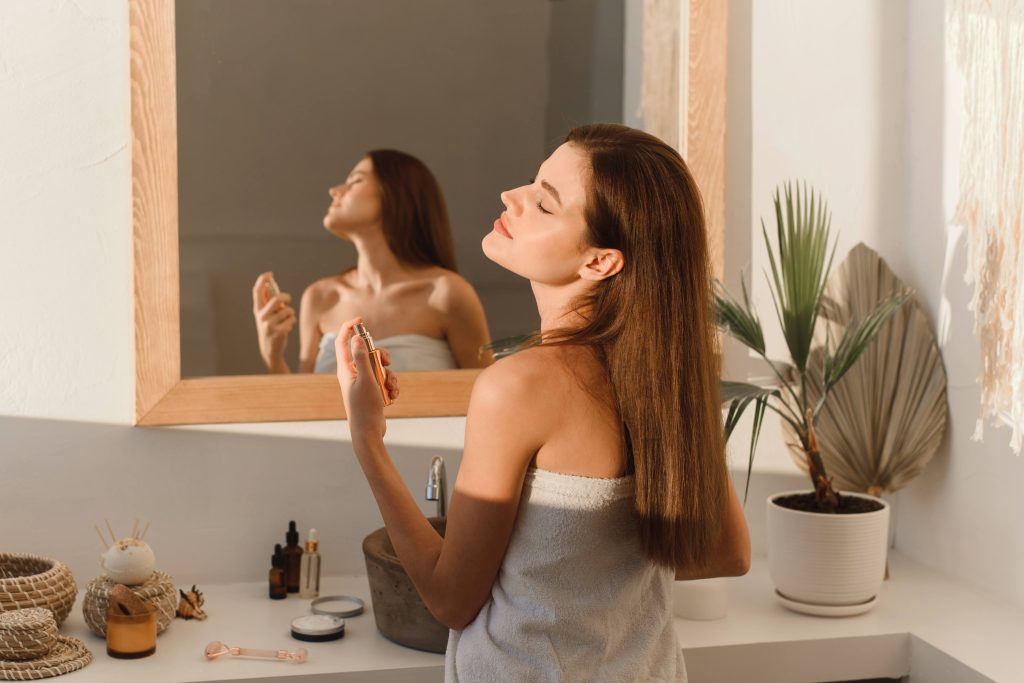
HOCl is super user-friendly and easy to introduce into your routine. It mostly comes in sprays. The common recommendation is to use it after the cleansing step and let it dry naturally before applying anything else for the reasons we’ve talked about above. You can also spritz it now and then throughout the day which can be beneficial for those who can’t have a shower right after a workout or similar activity. It’s also perfect for disinfecting makeup brushes as it’s not aggressive towards fabrics, fibers, or metal.

